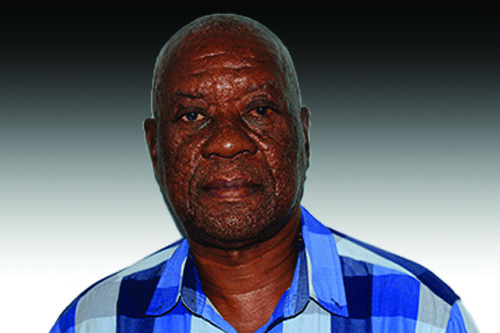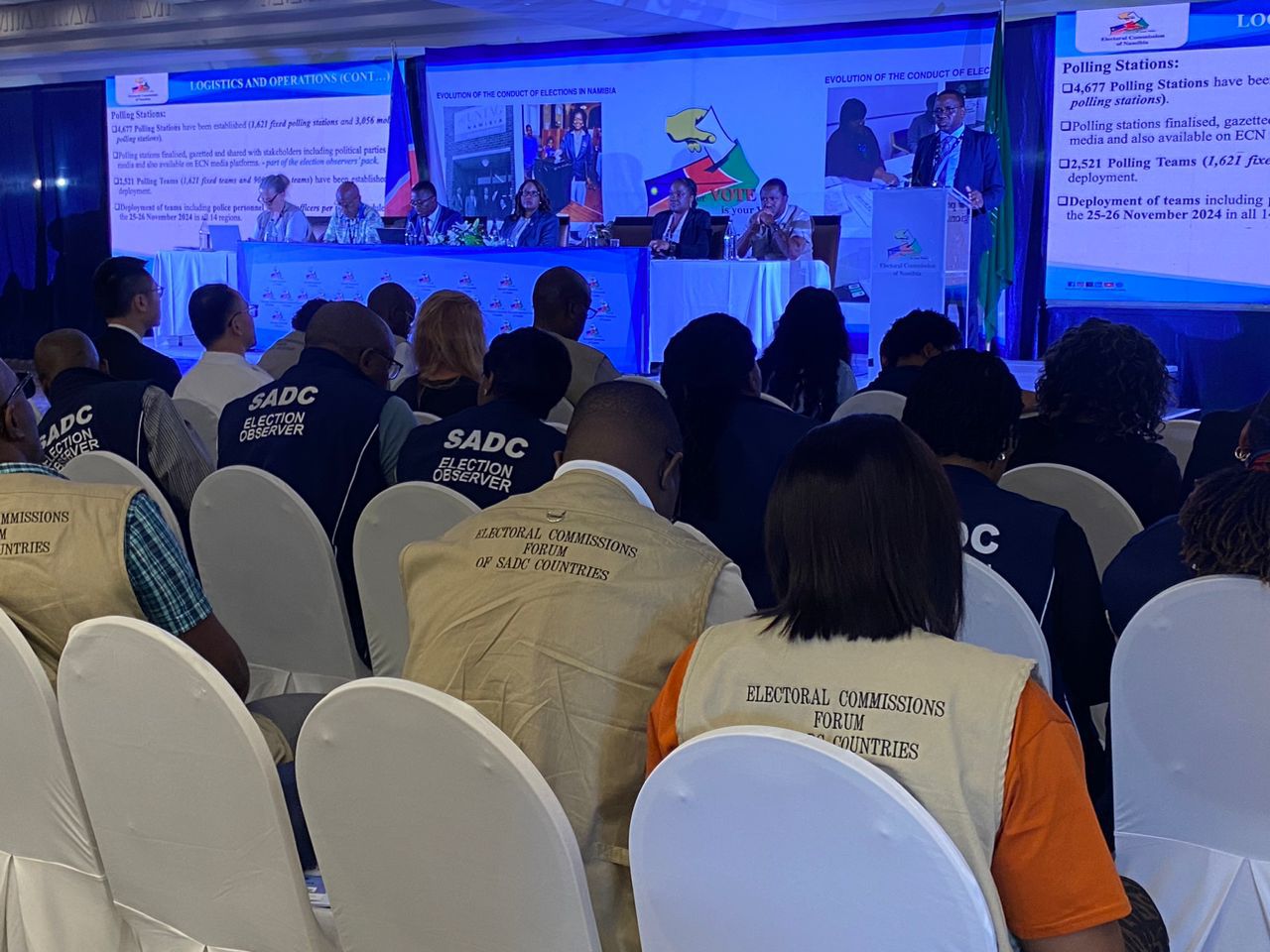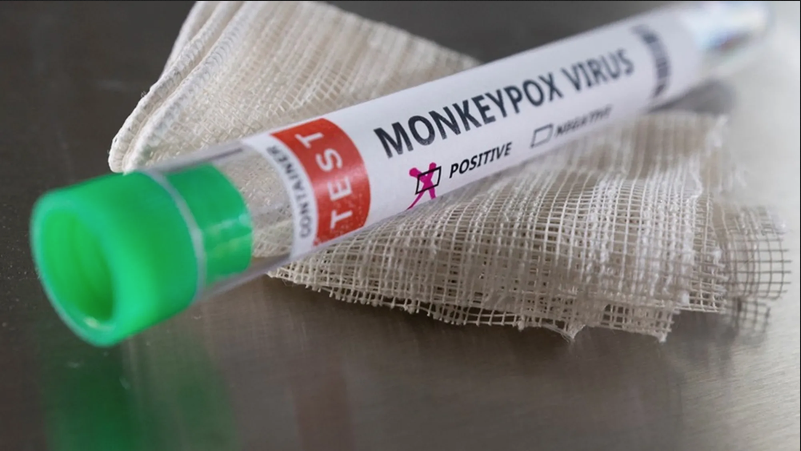A record number of parties are contesting the 2024 general elections and with it comes a barrage of news, views and promises.
The challenge is how to separate the wheat from the chaff.
Some of our analytical thinkers and intellectuals would urge us to think critically in order to counter fake news ala Donald Trump.
An initiative along these lines was launched recently.
“A coalition of Namibian media and civil society organisations are partnering to help voters critically engage with information to help them make informed decisions when voting.”
Namibia Fact Check editor Frederico Links says this is a much-needed and welcome initiative.
“We are definitely seeing an uptick in election-related mis-and disinformation ahead of the 27 November elections, so this initiative will help us and our partners to try to stem the tide of falsehoods that could undermine Namibia’s still developing democracy.”
CRITICAL THINKING
How do we stem that tide?
Helen Grange, editor of Africa in Fact Insights magazine argues that: “In the context of an election, high quality education can act as a bulwark against electoral choices based on noisy and biased information endowing voters with a better ability to identify fake news and avoid acting on it, studies have shown.
“A well-educated population is better able to hold its government to account.”
Enter the education equation and the ability to think critically, a skill that seems to be lacking in our society because it is a skill that should be taught and nurtured right from school level.
I would add to that logical thinking, which should be taught at university level.
And I would argue that public education has failed on this count.
But critical literacy and the ability to read [with understanding], which many people do not have, are valuable shields/tools against exploitation by those wielding political power for their own interest/benefit.
Without being cynical, [I would reason that] politics is the conduct of public affairs for private advantage.
It is a striving of interests masquerading as a contest of principles and ideas.
Those who want to maintain the status quo are the few who have benefited from the system for the past 34 years in the form of fishing quotas, resettlement farms, government tenders, EPLs, consultancy contracts, like those The Namibian calls: “The darlings of green hydrogen.”
Yet others hope to join the gravy train and ‘a looter’ will continue as usual.
WHO AND WHERE?
We are told more and more people are rejoining Swapo. Where are they?
The returnees include one Ephraim Itha.
Addressing a cheering crowd, Itha said: “This is not the time to waver – we must vote for Swapo and we must vote for Netumbo Nandi-Ndaitwah.
“This is our best chance for genuine change, which can only be achieved under the Swapo government and with Netumbo Nandi-Ndaitwah as president.”
Mr Itha, this is a statement which should come from an opposition party, not from Swapo which has been in power for 34 years.
Even some uncritical academics have fallen into this status quo narrative trap.
In the revamped Swapo mouthpiece Namibia Today, Joshua Razikua Kaumbi writes: “It is Netumbo’s time to lead.”
To lead who and where? The land of milk and honey promised to us before independence?
Or to the land where some people sleep under bridges or eat from dustbins. Or to live happily in the second most unequal country in the world, a country endowed with vast mineral resources?
‘IDEAS MATTER’
Nandi-Ndaitwah has been part of a corrupt and failed system from the get go in senior positions, including vice president – a position which should be done away with after the elections.
What new ideas can she bring to the table? We are told she is experienced, tested, a gallant freedom fighter and a credible leader.
I agree with Rui Tyitende that ideas matter.
Nandi-Ndaitwah is not a critical thinker. Nor is she ideological because in my view one cannot function in an ideological vacuum.
We are not looking for an administrator but a transformative leader.
The vice president once talked about the idea of considering piping water to Namibia from the Congo River.
This prompted former prime minister Nahas Angula to ask: “Why not talk about reviving the green scheme to improve food security. Why not talk about taking water from the Neckartal dam to irrigate local produce.”
We Namibians are taken for granted.
These elections are about a choice between the status quo or change. Between a bleak and a brighter future.
Change is the only thing that is constant. I urge you to think critically as we head to the polls next week.
- • Alexactus T Kaure is a freelance writer and deconstructionist scholar
Stay informed with The Namibian – your source for credible journalism. Get in-depth reporting and opinions for
only N$85 a month. Invest in journalism, invest in democracy –
Subscribe Now!






